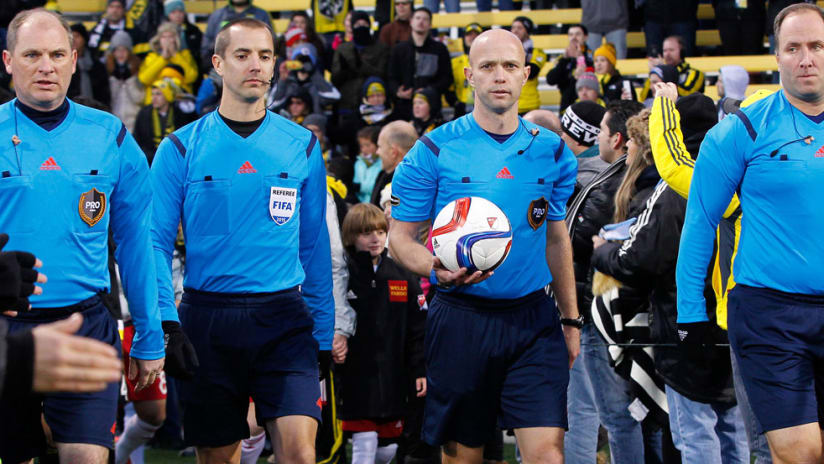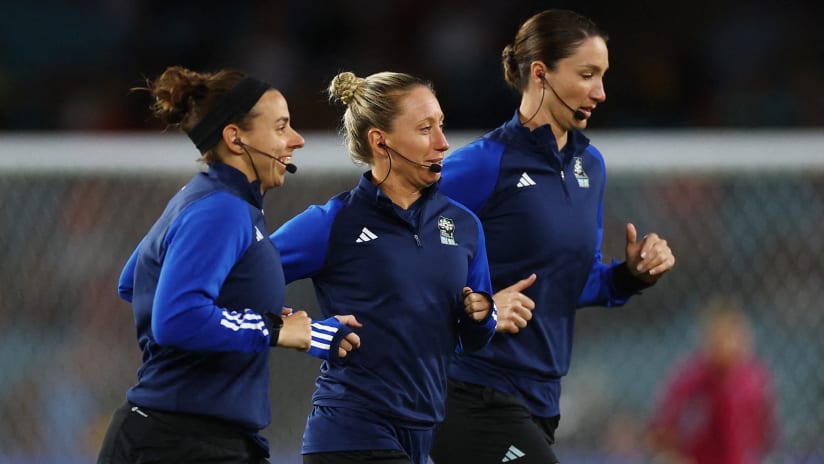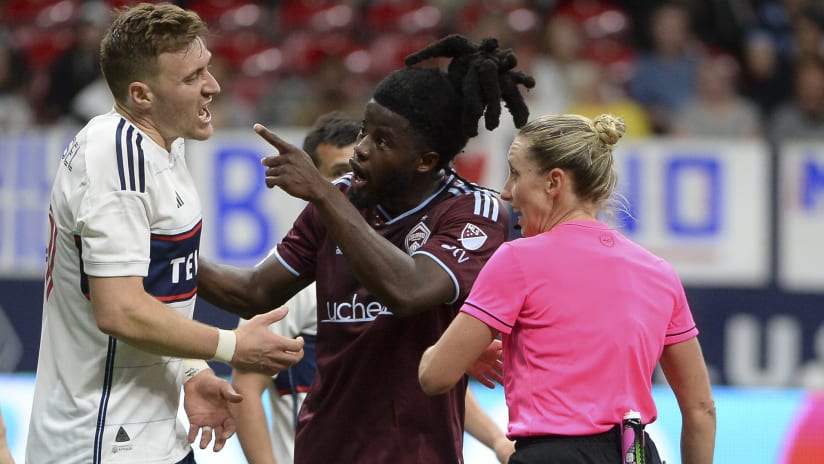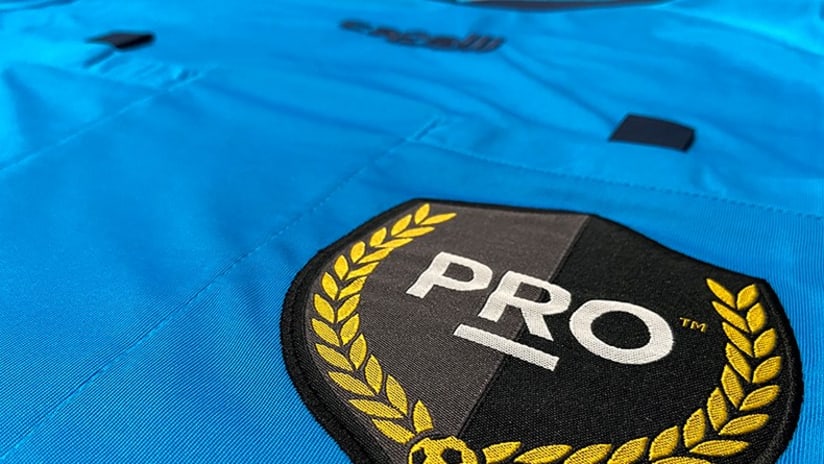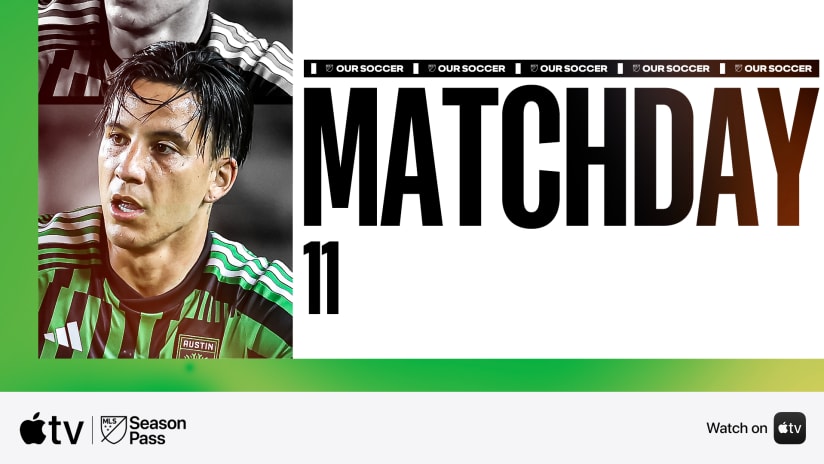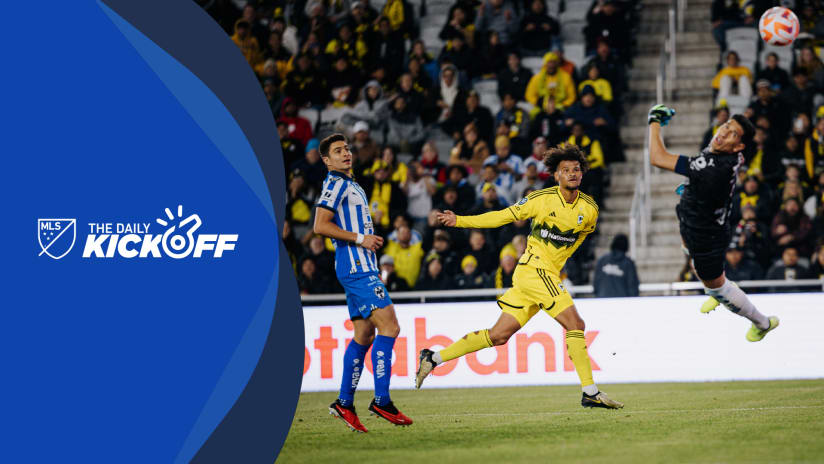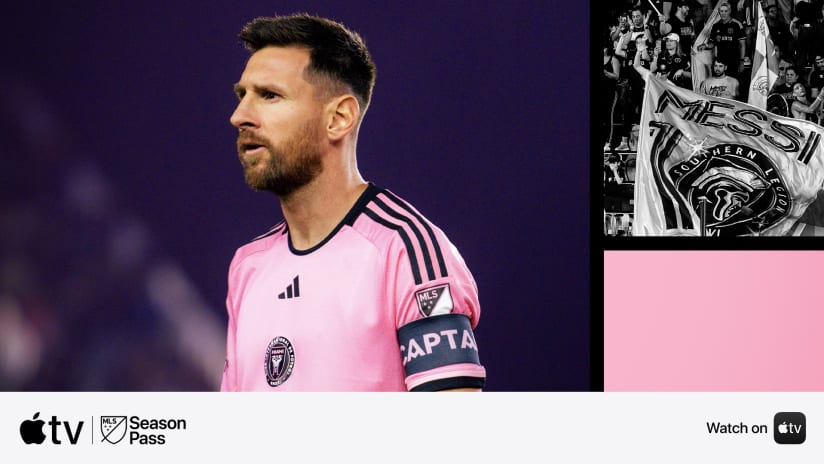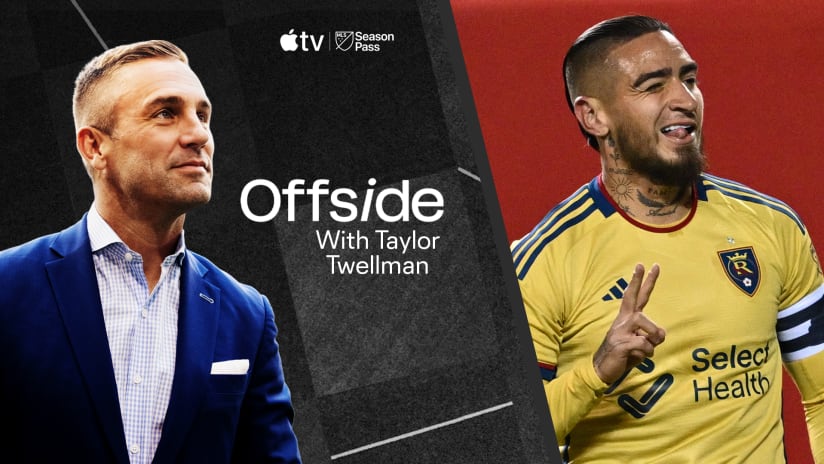NEW YORK – The 2016 MLS regular season is upon us, and you’ve likely been paying close attention to your team as they go through their paces in preparation for Soccer Sunday on March 6 (watch the Soccer Sunday Week 1 LIVE whiparound show starting at 1 pm ET.
But just as every team is going through a rigorous preseason regimen, so are the league’s officials thanks to the Professional Referees Organization (PRO), which is responsible for managing the referee and assistant referee programs in North American professional soccer. Though the referees certainly don’t get the same level of attention as the teams in their preparations for the upcoming campaign, they will certainly be in the spotlight once the action picks up, and PRO is aiming to make sure their charges continue to improve as they prepare to come under intense scrutiny from players, coaches, fans, media and the organization itself.
Much of PRO’s strategy heading into the 2016 season revolves around continuing to improve officials’ detection and adjudication of what the organization’s general manager, former Premier League referee Peter Walton, describes as “key match incidents.” That is, incidents that have a significant impact on the outcome of any given game.
“People don’t normally get upset if we get a throw-in wrong or a midfield free kick wrong, items of that nature,” Walton told a media roundtable on Monday afternoon. “They get upset when we get a game-changing decision wrong, such as a penalty kick or a send-off or something of that nature.”
Walton highlighted the improved performance of referees across the board in this area in 2015, noting that the rate of incorrectly called key match incidents (KMIs) dropped 21 percent from 0.28 missed KMIs in 2014 per game to 0.22 missed per game last year.
Still, there is room for improvement, as any fan that’s railed over a controversial call will tell you and Walton is perfectly comfortable pointing out. To that point, PRO gave four major points of emphasis to its referees as they prepared for another season: (1) improving detection of those key match incidents, (2) improving offside decisions, (3) addressing bench behavior and (4) dealing with dissent.
Key Match Incidents
In 2015, PRO’s evaluation of its MLS referees found that 72 percent of warranted red cards were detected and 28 percent were missed. A "miss" includes fouls that were spotted, but incorrectly adjudicated, e.g. a foul for which a referee showed a yellow card but PRO later determined should’ve earned a red card.
Following that logic, it is no surprise to hear Walton note that more red cards can be expected in 2016, though it’s a change that will likely only be noticed in a year-by-year analysis unless, of course, players and coaches modify their behavior.
Much of it comes down to positioning, according to Walton, who points out that, based on PRO’s evaluations of its officials, 87.4 percent of the incorrect calls in the league come down to a “positioning deficiency,” using the incident below involving a clash between San Jose's Jordan Stewart and Portland's Dairon Asprilla to illustrate his point:
Walton and his team at PRO say they work with referees on improving their ability to identify and correctly call incidents like this. In this specific case, Walton pointed out some of the takeaways provided to referee Ricardo Salazar: positioning himself 20 meters from the ball as the optimal viewing point for a play and keeping the ball between himself and the sideline referee.
All of this goes “hand-in-hand” with improved referee fitness, said Walton.
“Fitness nowadays is much more about the acceleration and the burst of speed over 10 yards, whereas before the referee would methodically run around the field – and that was his job,” he explained. “Now you see – and you should see – a lot more bursts of speed through this middle section to be within this 20 meters.”
Offside Decisions
Walton did acknowledge that the assistant in the example above should’ve caught the elbow from San Jose’s Jordan Stewart, who later received a one-game suspension for the incident, but that he was more likely focused on any possible offside decision.
That’s no great surprise – an offside call is one of the toughest for any official to make, and perhaps one of the most thankless tasks to perform in front of thousands of rabid fans. And while MLS assistant referees have done well in this aspect – better than in the English Premier League, claims Walton – there is still room for improvement.
In 2015, assistant referees were correct on 97.7 percent of “active” offside calls (when an official raises his or her flag to signal offside). However, that number drops to 90.2 percent for “inactive” offside calls, where an official does not raise their flag for offside.
In an effort to help assistants improve when it comes to these split-second calls, PRO has introduced specialized coaches and camps to help hone the decision-making process.
Bench Behavior & Dissent
Of course, a strong understanding of the game and top-level fitness are only two parts of a match official’s job. Referees at any level, but especially in the professional ranks, must be able to control the personalities present on the field and the sideline. This speaks to PRO’s other two points of emphasis for the 2016 season – bench behavior and dissent.
To combat bad behavior in what Walton describes as the “privileged” territory of the technical area and sidelines, PRO is actually having its fourth officials spend more time focusing on the game itself and adopt a three strike-style “ask, tell, dismiss” approach to dealing with unruly technical staff.
As far as dissent on the field is concerned, there will be an emphasis this season on “dissent by action.” That means the focus will be less on verbal elements, to a certain extent – Walton acknowledges that players can get caught up in the heat of the moment – and more on the physical elements. In other words: running up to referees and players to argue or wild gesticulations that often accompany calls, usually the most public and visible type of dissent, and therefore a point of emphasis for PRO.
So the referees have their marching orders for 2016. Now the hope is that the same key performance indicators, which showed improvement in 2015, continue to point in the right direction during the season that kicks off on March 6.
But as with every other professional sport, officiating is not a perfect science.
“We don’t work in a normal environment, we strive for 100 percent," Walton said. "We’ll never get 100 percent right because it’s a subjective game and it’s played and officiated by humans and there will be mistakes, but invariably we want to get those percentages as high as possible.”

